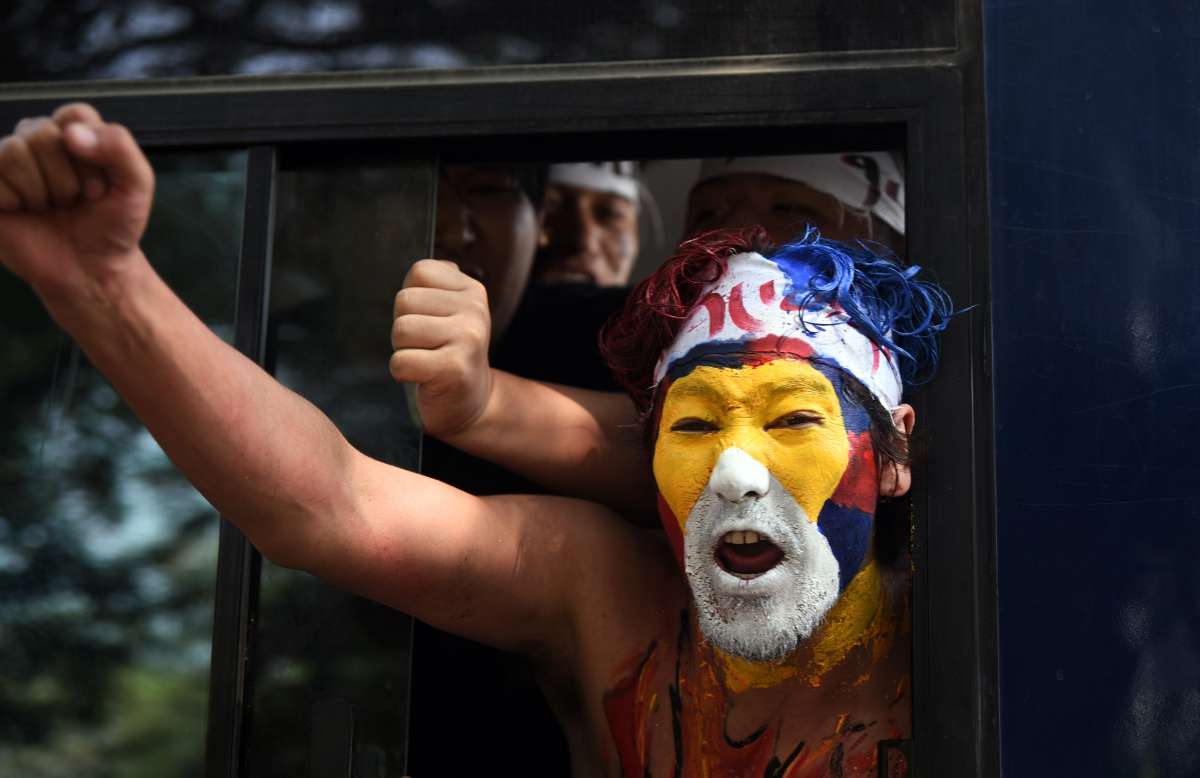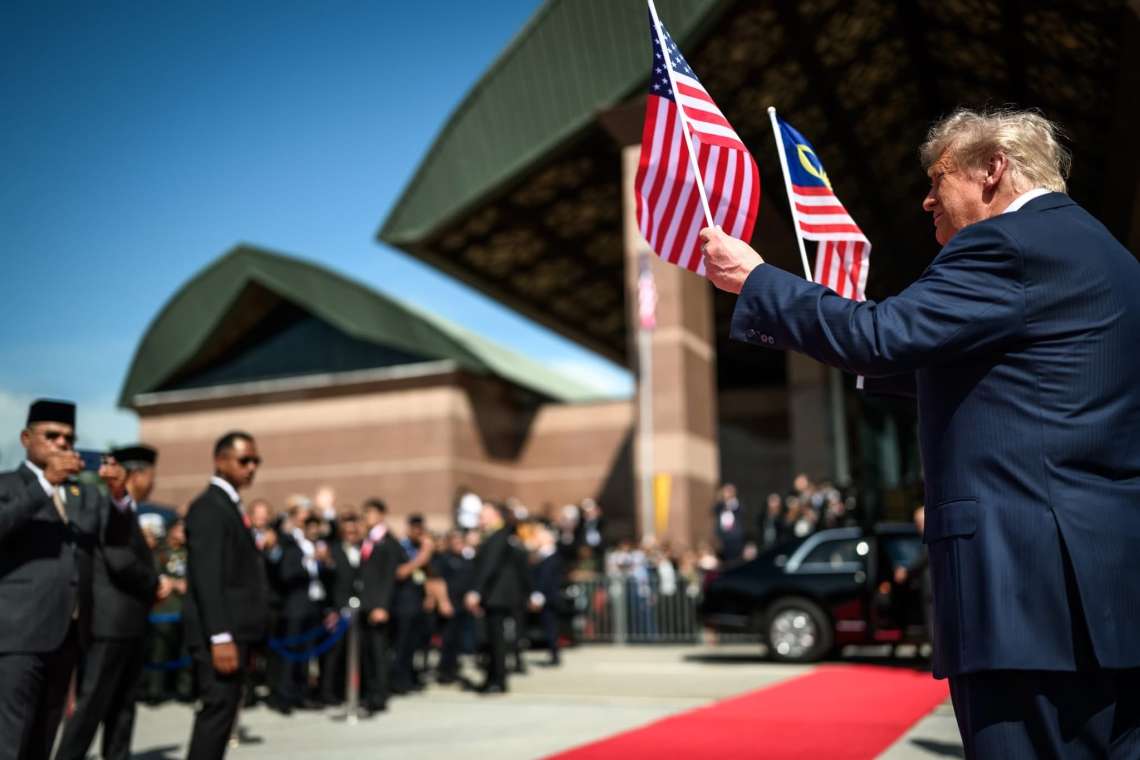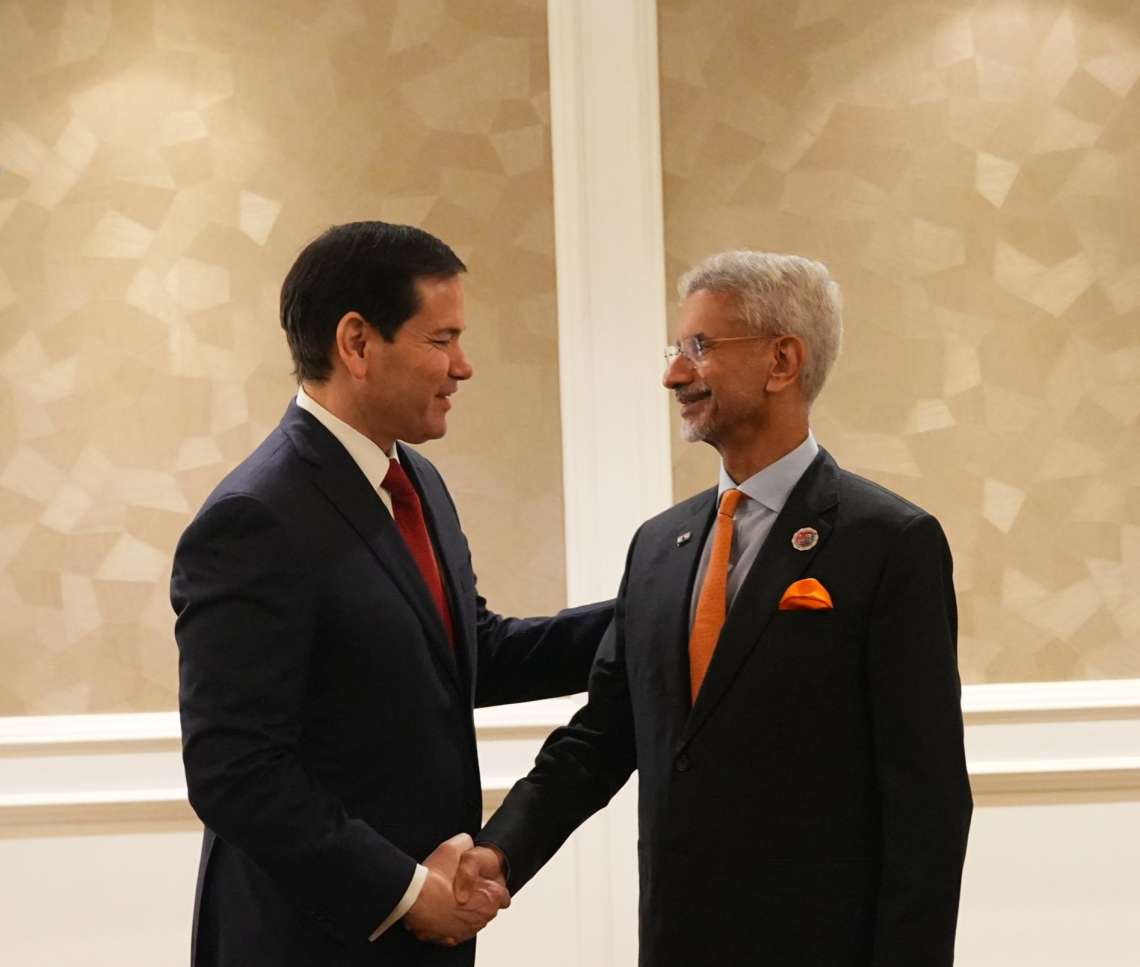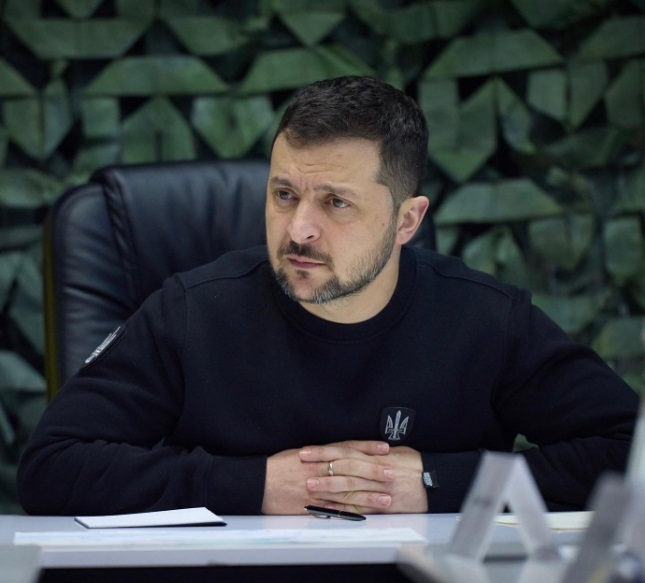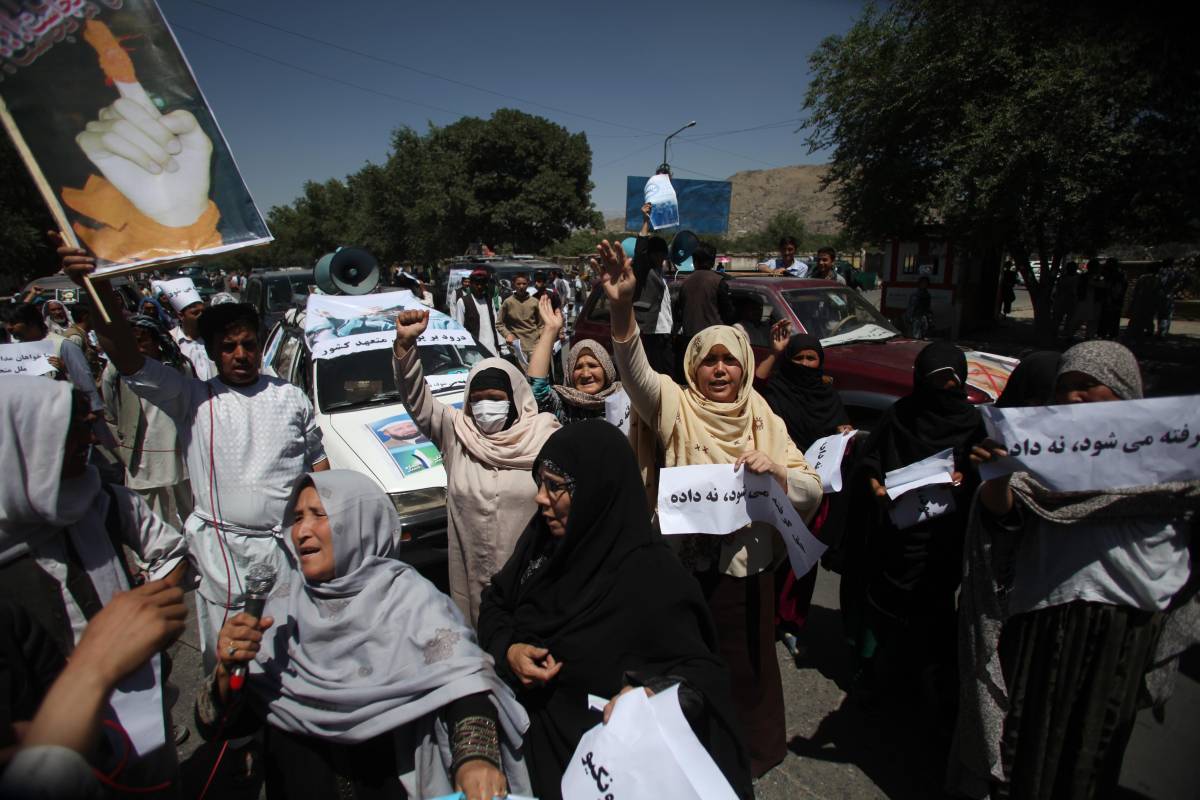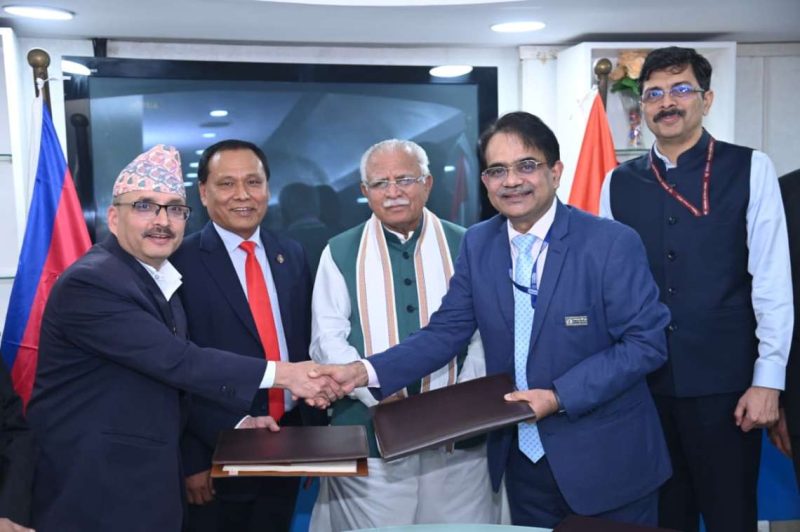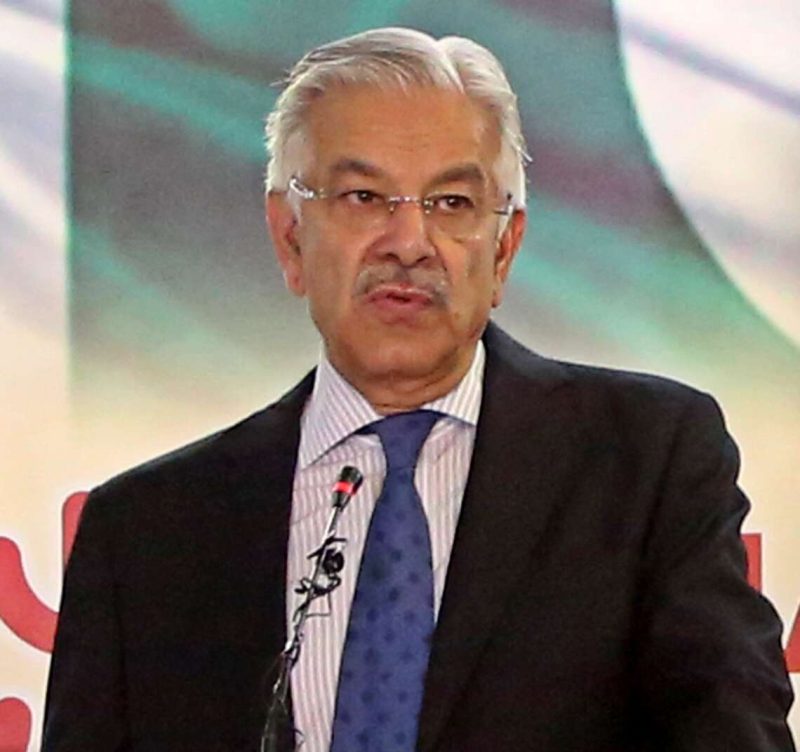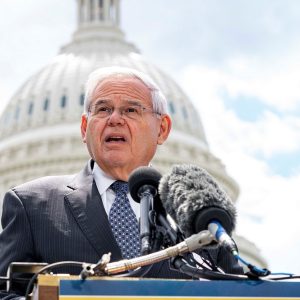In recent years, the Chinese government has stepped up its repressive rule in Tibet in an effort to erode Tibetan culture, language and religion….reports Asian Lite News
The hearing on “Preserving Tibet: Combating Cultural Erasure, Forced Assimilation and Transnational Repression” by US Congress examined the unprecedented linguistic, religious and human rights repression in Tibet and the transnational repression faced by Tibetans abroad, reported Radio Free Asia (RFA).
It was held as both houses of Congress consider a legislation that would strengthen US policy to promote dialogue between China and Tibetan Buddhists’ spiritual leader, the Dalai Lama, or his representatives. The testimonials of the four witnesses essentially stressed the new and worsening challenges faced by Tibetans in Tibet, as Beijing implements new intensified repressive measures.
During a congressional hearing, US Rep Zach Nunn likened Beijing’s policy to an idea from an ancient Chinese essay about political strategy — sacrificing the plum tree to preserve the peach tree, reported RFA.
“What they mean by this is that you can sacrifice in the short-term those who are the most vulnerable for the strength of those who are in power,” said Nunn, a Republican from Iowa, referring to a phrase from Wang Jingze’s 6th-century essay, The Thirty-Six Stratagems.
“We are seeing this played out constantly in the autonomous state of Tibet today by the Chinese government,” said Nunn, a former intelligence officer.
The Dalai Lama and the Central Tibetan Administration, Tibet’s government-in-exile in Dharamsala, India, have long advocated a middle way approach to peacefully resolve the issue of Tibet and bring about stability and co-existence based on equality and mutual cooperation without discrimination based on one nationality being superior or better than the other, reported RFA.
There have been no formal talks between the two sides since 2010, and Chinese officials have made unreasonable demands of the Dalai Lama as a condition for further dialogue.
Chinese communists invaded Tibet in 1949, seeing the region as important to consolidate its frontiers and address national defense concerns in the southwest.
In recent years, the Chinese government has stepped up its repressive rule in Tibet in an effort to erode Tibetan culture, language and religion.
This includes the forced collection of biometric data and DNA in the form of involuntary blood samples taken from school children at boarding schools without parental permission, reported RFA.
The Promoting a Resolution to the Tibet-China Conflict Act, introduced in the House in February and in the Senate in December 2022, also direct the US State Department’s Special Coordinator for Tibetan Issues, currently Uzra Zeya, to ensure government statements and documents counter disinformation about Tibet from Chinese officials, including disinformation about the history of Tibet, the Tibetan people and Tibetan institutions.
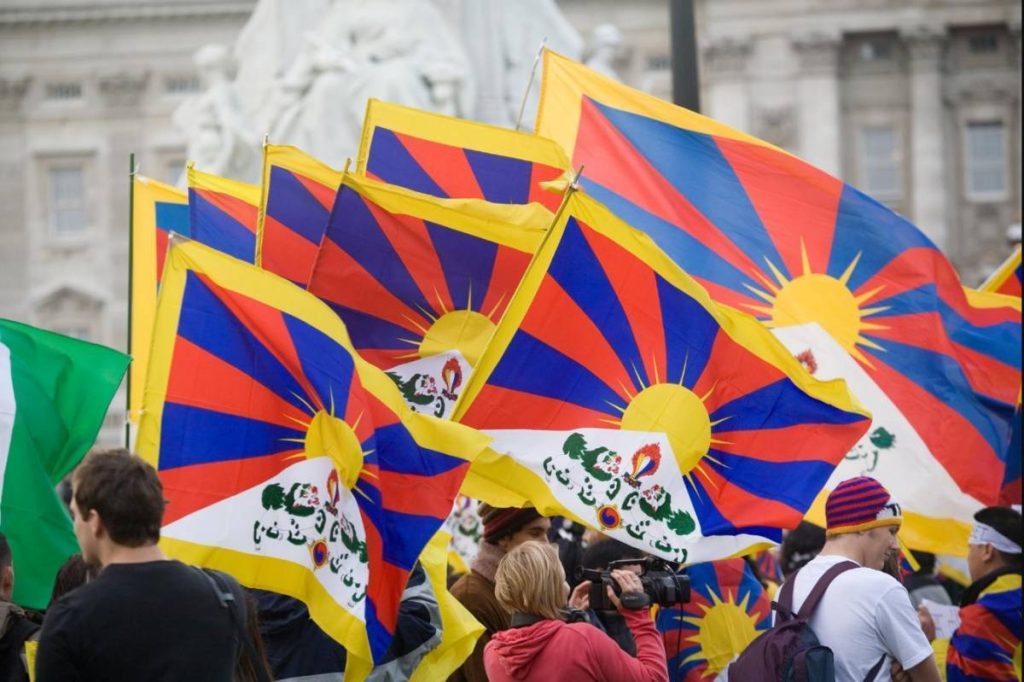
Penpa Tsering, the leader, or Sikyong of the Central Tibetan Administration, testified virtually before the commission, that reports by the United Nations and scholarly research indicates that the Chinese government’s policy of “one nation, one language, one culture, and one religion” is aimed at the “forcible assimilation and erasure of Tibetan national identity,” reported RFA.
As examples of the policy, Tsering pointed to the use of artificial intelligence to surveil Tibetans, the curtailing of information flows to areas outside the region, interference in the selection of the next Dalai Lama, traditionally chosen based on reincarnation, the forced relocation of Tibetans to Chinese developed areas inside the region and “unscrupulous” development that damages the environment.
“If the PRC [People’s Republic of China] is not made to reverse and change its current policies, Tibet and Tibetans will definitely die a slow death,” Tsering said.
American actor and social activist Richard Gere, chairman of the International Campaign for Tibet, told the commission that the United States must “speak with a unified voice” and engage European like-minded partners against China’s repression in Tibet.
China’s pattern of repression in Tibet “gives reason for grave concern and it increasingly expands to match the definition of crimes against humanity,” Gere said.
China’s assault on Tibetan culture includes the forced separation of about 1 million children from their families and putting them in Chinese-run boarding schools where they learn a Chinese-language curriculum and the forced relocation of nomads from their ancestral lands, he said.
Lhadon Tethong, director of the Tibet Action Institute, an organization that uses digital communication tools with strategic nonviolent action to advance the Tibetan freedom movement, elaborated on the separation of school children from their families, reported RFA.
“[Chinese President] Xi Jinping now believes the best way for China to conquer Tibet is to kill the Tibetan in the child,” she told the commission.
Tethong’s colleague, Tenzin Dorjee, a senior researcher and strategist at the Tibet Action Institute, discussed how China has extended its repressive policies beyond Tibet to target Tibetan diaspora communities in India, Nepal, Europe and North America through surveillance and harassment, reported RFA.
Formal and informal agents of the Chinese government use manipulation and technologies of oppression “To bully, threaten, harass and intimidate” members of the diaspora into silence, he said.
“The best way to counter China’s transnational repression is to proactively support the Tibetan, Uyghur and Hong Kong peoples’ transnational, de-colonial advocacy for human rights and self-determination,” Dorjee said.
After scrutinising the details of the testimonies, the commission will identify diplomatic and policy options for the US and other like-minded countries to help preserve Tibetan cultural heritage as well as explore measures to defend against threats and intimidation targeting Tibetans in the US and around the world. (ANI)


